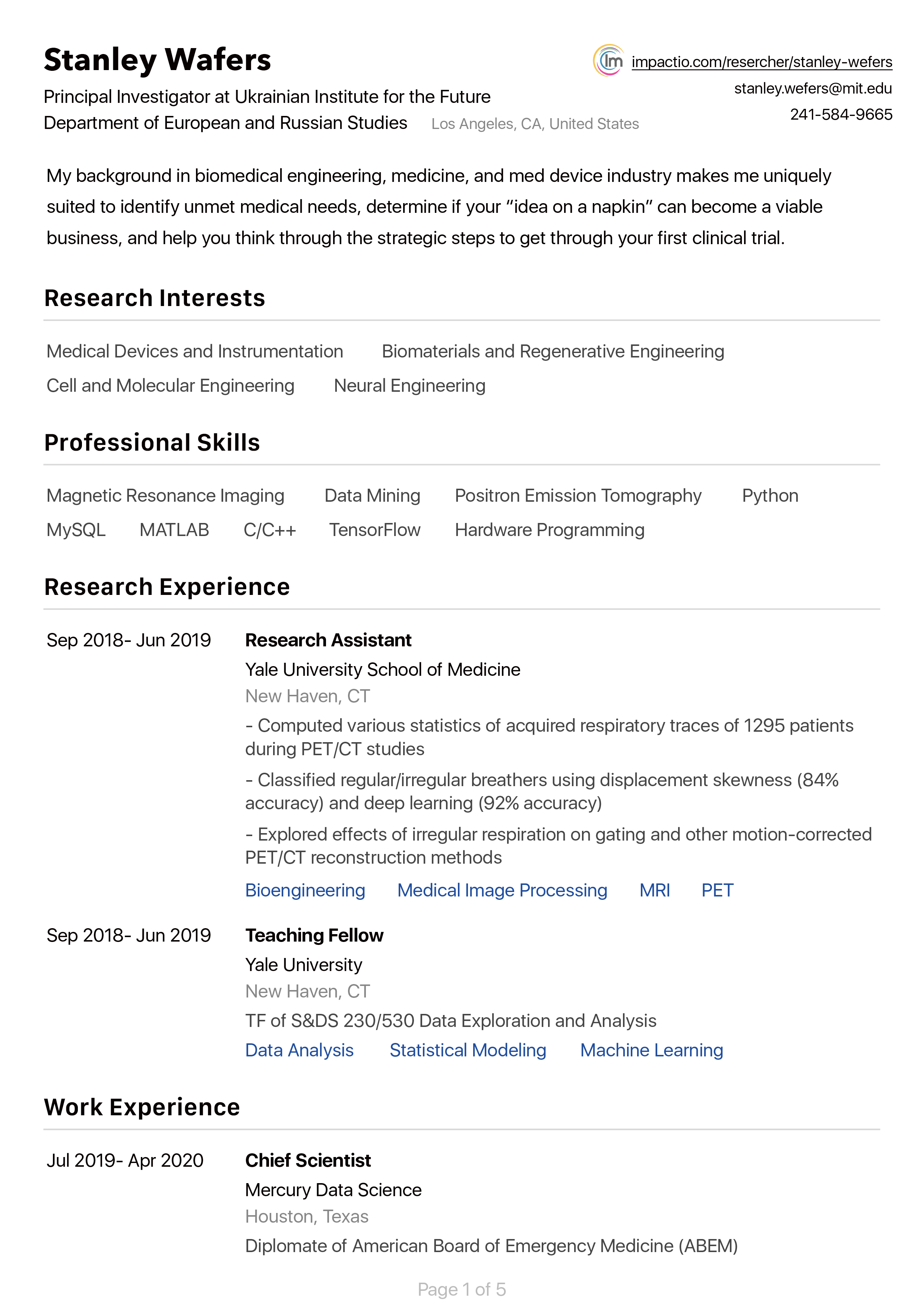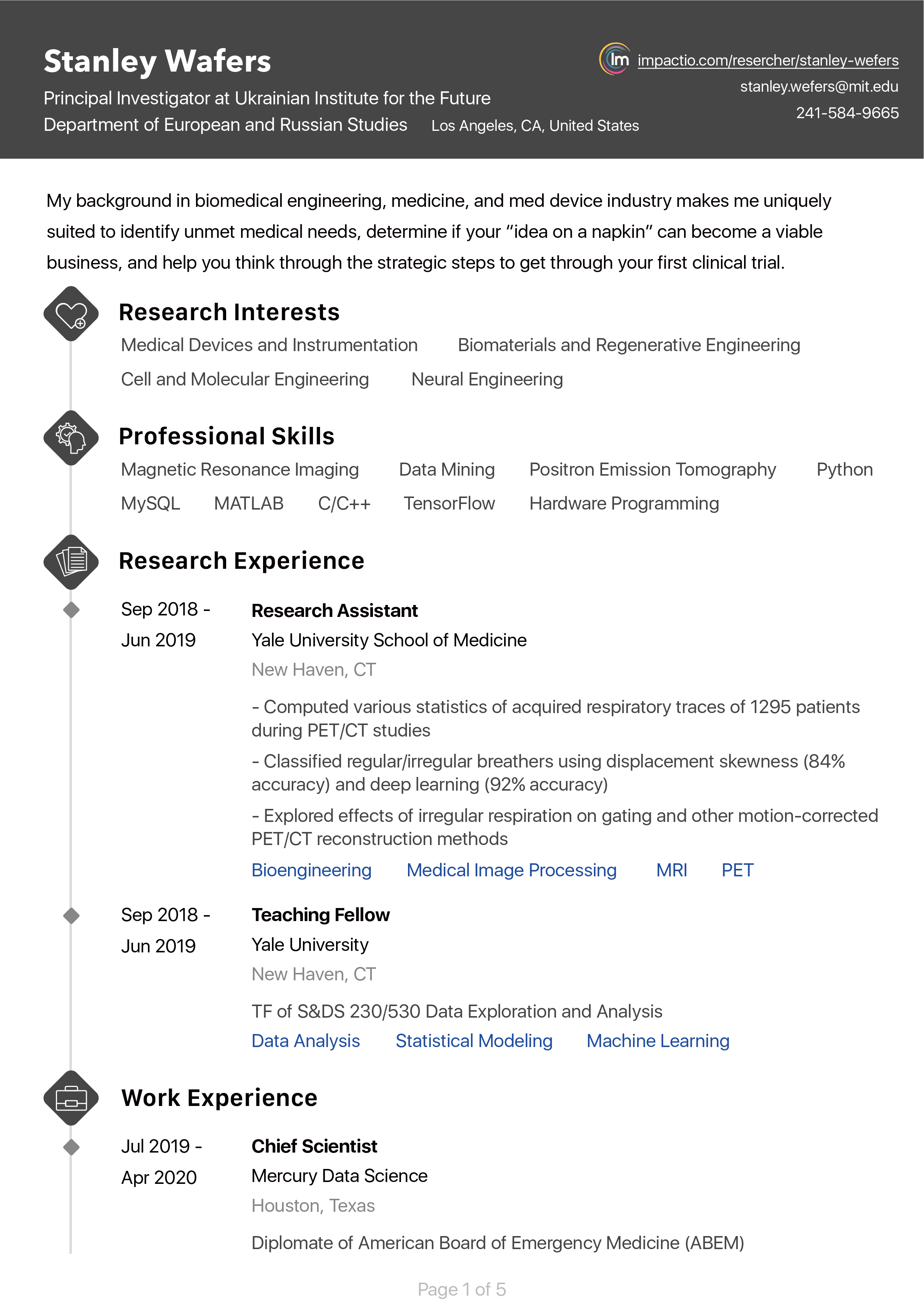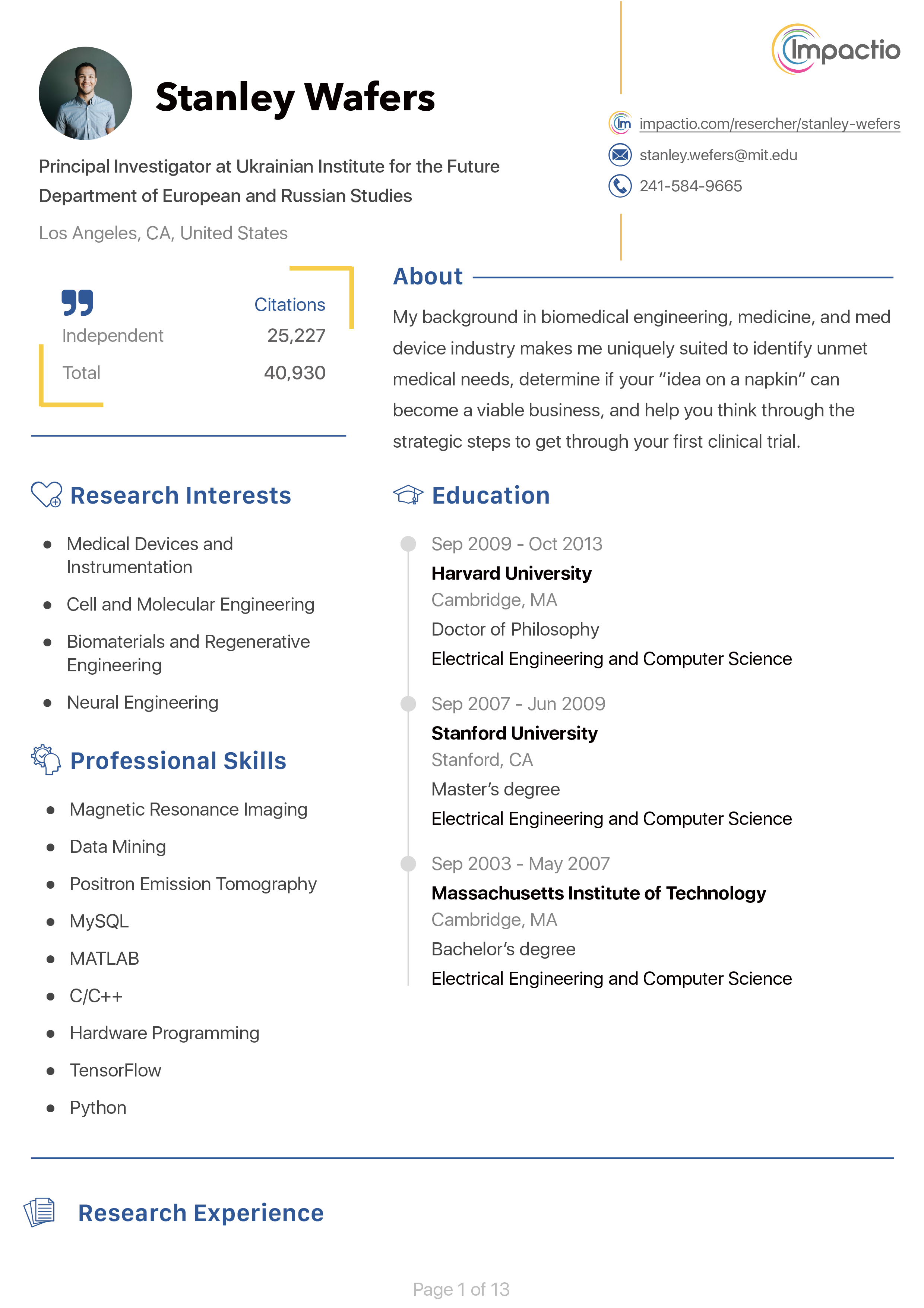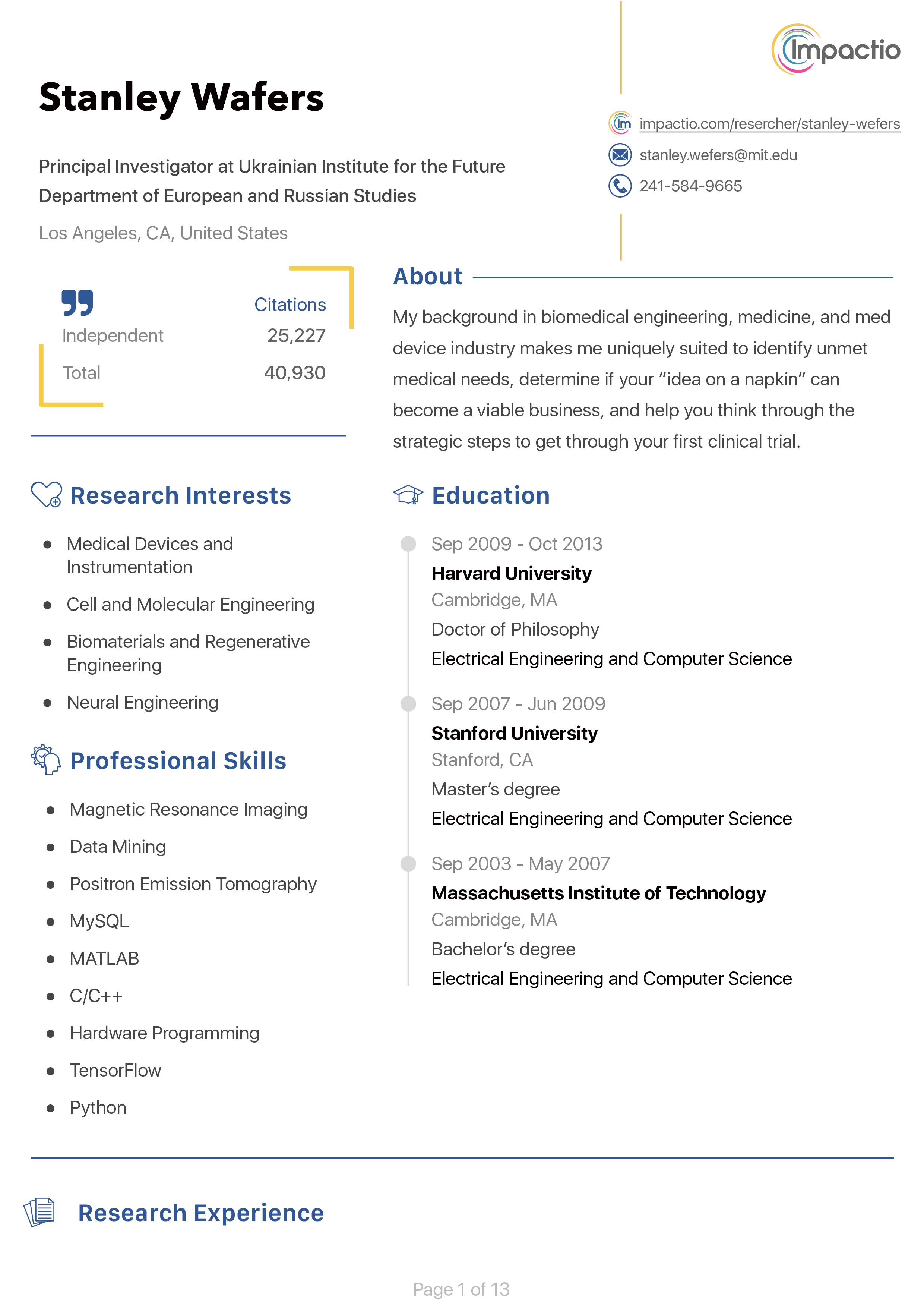Dr. Weichung Wang is a professor at the Institute of Applied Mathematical Sciences, Department of Mathematics and Data Science Degree Program of National Taiwan University. His research interests include medical artificial intelligence, matrix computing, and scientific computing. He received the Nian-Tsz Award, NTU Outstanding Professor Award, MOST Outstanding Young Scholar Project, and an Honorary Research Fellow of the National Center for Theoretical Sciences. Professor Wang serves as the president of the Taiwan Society for Industrial and Applied Mathematics (TWSIAM) and has been the secretary of EASIAM and TMS. He also serves on the editorial board of international journals, including the SIAM Journal on Mathematics of Data Science, and is actively involved in major international conference organizations.
I am interested in developing numerical algorithms and software for medical AI, data sciences and scientific computing. My researches usually involve artificial intelligence, numerical linear algebra, computational optimization, parallel computing, and their applications.
‘Meet the Researcher’ is a series in which we spotlight different researchers in academia who are using GPUs to accelerate their work.
This week we spotlight Weichung Wang, Professor at the Institute of Applied Mathematical Sciences at the National Taiwan University.
Wang is a recipient of the Nian-Chih Award and has also received the Outstanding Young Scholar Project Award from the Ministry of Science and Technology in Taiwan. He serves as an associate editor of the SIAM Journal on Mathematics of Data Science and a manager editor of Annals of Mathematical Sciences and Applications. Wang’s MeDA Lab focuses on AI for medical image and data analytics.
NVIDIA: Tell us about your research?
Wang: My research interests include medical image/data analytics and high-performance scientific computing. By collaborating with medical practitioners or domain researchers, we develop efficient learning models, algorithms, and software workflows for better medical or scientific data analytical results in a shorter time.
NVIDIA: What motivated you to pursue this focus area?
Wang: I love to develop novel computational methods and apply the latest computing technologies to real-world scenarios. I also enjoy working with professionals across disciplines to provide thorough clinical solutions for users’ dilemmas in real life.
NVIDIA: Talk to us about your most recent project?
Wang: My team, MeDA Lab, and other collaborators are building a medical data analytics platform for better healthcare outcomes. This platform consists of a high-performance artificial intelligence engine and innovative augmented intelligence workflows. The AI engine enables us to accurately, efficiently, and robustly extract insightful information from a large volume of medical images and clinical datasets. The intelligent workflows assist physicians in reducing their loading, increasing diagnosis and prognosis accuracies, and making better treatment decisions in the daily clinical pathways.
We also aim at tackling some challenges in matrix computations for large-scale numerical simulation and big data analytics. The central themes are two-fold: (i) highly parallel and scalable eigenvalue solvers for numerical simulations such as three-dimensional photonic crystals and (ii) novel and efficient randomized type singular value decomposition for large-scale data analysis and machine learning.
NVIDIA: Tell us about your approach for addressing this challenge?
Wang: We develop AI-assisted clinical workflows with solid scientific evidence. Our approach to tackling this challenge involves interdisciplinary knowledge and technologies of artificial intelligence, medicine, high-performance computing, mathematics, and statistics. In high-performance scientific computing, our research usually involves application domain knowledge, algorithm development with mathematical or statistical analysis, and the latest computer architectures.
NVIDIA: What is the (expected) impact of your work on the field/community/world?
Wang: I am keen to help doctors to help people. By translating the AI technologies and intelligent workflows, my team’s goal is to improve physicians’ therapeutic decision process with niches in large-scale quantitative based computer aided diagnosis, decision-making, and disease prevention. I also hope our computational methods and tools may contribute to scientists’ innovations.
NVIDIA: How have you used our SDKs either in your current or previous research?
Wang: We use NVIDIA Clara to accelerate our research and deployment in medical AI. NVIDIA’s GPU allows us to perform large-scale scientific computing tasks efficiently.
NVIDIA: How has it impacted your work?
Wang: NVIDIA Clara accelerated our R&D process to get promising results in adaptive tumor segmentation, accurate pancreatic cancer classifications, personalized radiotherapy outcome predictions, and other medical AI models. NVIDIA Clara also made it easy for us to deploy the models in various settings. Therefore, we could perform federated learning over multiple cohorts and test our models on a national-wide database in Taiwan and even cross-country data sets. These results also led to publications and presentations in, e.g., The Lancet Digital Health and RSNA.
As another example, we had laid out the theoretical foundations of fast algorithms for Maxwell’s equations in the 3D photonic crystals and complex media numerical simulations. By integrating the mathematical insights and the power of the NVIDIA GPU, we successfully solved the eigenvalue problems as large as 6.29 million within 1 minute. To our best knowledge, such efficiency is far beyond all other methods reported in the literature.
NVIDIA: What’s next for your research?
Wang: I will continue the research paths in medical data-driven modelings with an emphasis on explainability and generalization. Furthermore, I am very interested in multi-modality and multi-scale analysis that considers time series data, lab test results, medical record texts, CT//MR/X-ray/pathology images, and genomics data simultaneously. I also hope our progress in research can facilitate medical AI education and landing.
NVIDIA: Any advice for new researchers?
Wang: Think and act, find your passions and strengths, keep learning new things, form collaboration teams, and make positive impacts effectively and efficiently.
Professor Weichung Wang founded MeDA Lab (Medical Data Analytics Laboratory, http://meda.ai) to develop medical AI Engines and medical AI Workflows. The former extracts hidden information from high-dimensional medical image and numerical datasets. The latter turns the information into clinical intelligence. MeDA Lab works with physicians and industry partners worldwide to boost intelligent and precision medical software solutions.
We consider large-scale linear systems, nonlinear eigenvalue problems, and matrix factorizations arising in numerical simulations and data analytics. Applications include 3D photonic devices, big data analysis, and healthcare. The main focuses include Krylov type algorithms, randomized methods, and accelerations on parallel computers with GPU.
Many computer experiments conduct performance analysis and optimization while only objective function values are available. The main research focuses are the design of computer experiments and surrogate models-assisted techniques with an emphasis on software auto-tuning. We also develop efficient methods for statistical computing and optimal experiment designs.
We study how GPU, CPU, and heterogeneous CPU-GPU clusters can be used to accelerate scientific computations. The focuses include CPU-GPU accelerated solvers for linear systems and eigenvalue problems, fast medical image reconstructions on computed tomography, and particle swarm optimization with applications in medical and statistical sciences.










